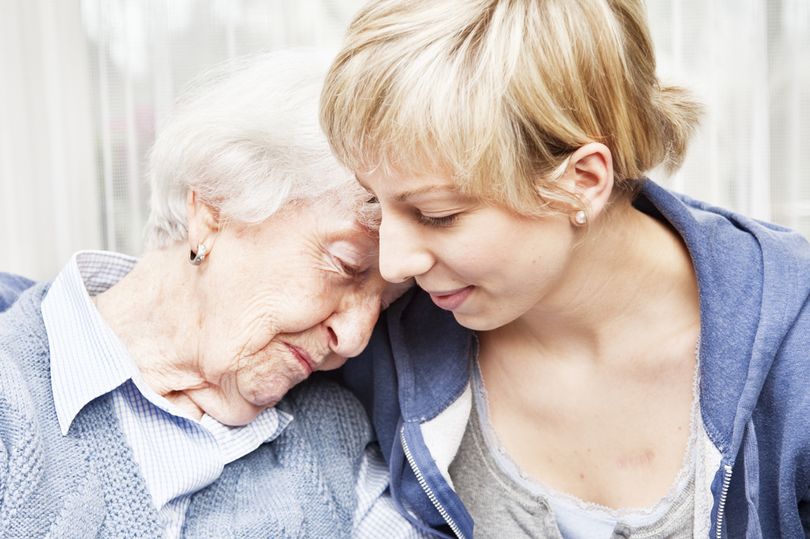Families could soon be on the ‘frontline’. They may be called on to give drugs to relatives dying in community settings during the pandemic. Ben Bowers and colleagues at Cambridge University outlined their role in this startling new strategy in the British Medical Journal.
They emphasise caregivers worldwide should be thinking about how drugs can be given when patients are dying from Covid-19 or other conditions at home or in care homes.
Quite a lot will have to change to make sure people get adequate end-of-life symptom relief.
NICE rapid guidance on managing Covid-19 symptoms in the community, stresses the importance of prescribing drugs in advance for pain relief, nausea and vomiting, agitation and excess phlegm.
These drugs may be given if needed by visiting doctors or nurses, but many may be too hard pressed by the pandemic.
Family caregivers are being approached to consider giving end of life drugs when community nurses and doctors aren’t available.
Family caregivers willing to take on this role will be trained and supported with access to 24-hour phone advice.
This may require a change in the form of drugs so that family caregivers can give medication to be sucked, put under the tongue, into the rectum or injected under the skin.
Although family caregivers commonly do this in rural Australia, it’s rare in the UK.
We must recognise this is a big ask of families. Such caregivers may feel under pressure to do things they’re not trained to do. They may feel too emotionally involved.
And if the person dies shortly after receiving a drug they may feel guilt that they’d hastened their death.
This could be difficult – their involvement in a loved one’s death, while grieving for their loss in isolation.
Relatives must be supported before and after the death while confronting this painful situation.
NICE guidance recommends that drugs should be prescribed ahead of need and cautions that patients with Covid-19 can deteriorate rapidly so it’s better to be prepared.
One way to assure a sick person doesn’t go without drugs is for stocks of the common end-of-life medications to be held in store, enabling rapid prescribing and dispensing.
In care homes, allowing drugs prescribed for one resident to be used for another would ensure efficient use of limited supplies.
The pandemic is a considerable challenge for end-of-life care across the world. It’s vital to plan and provide support now if it’s going to be safe for patients and their family caregivers.

